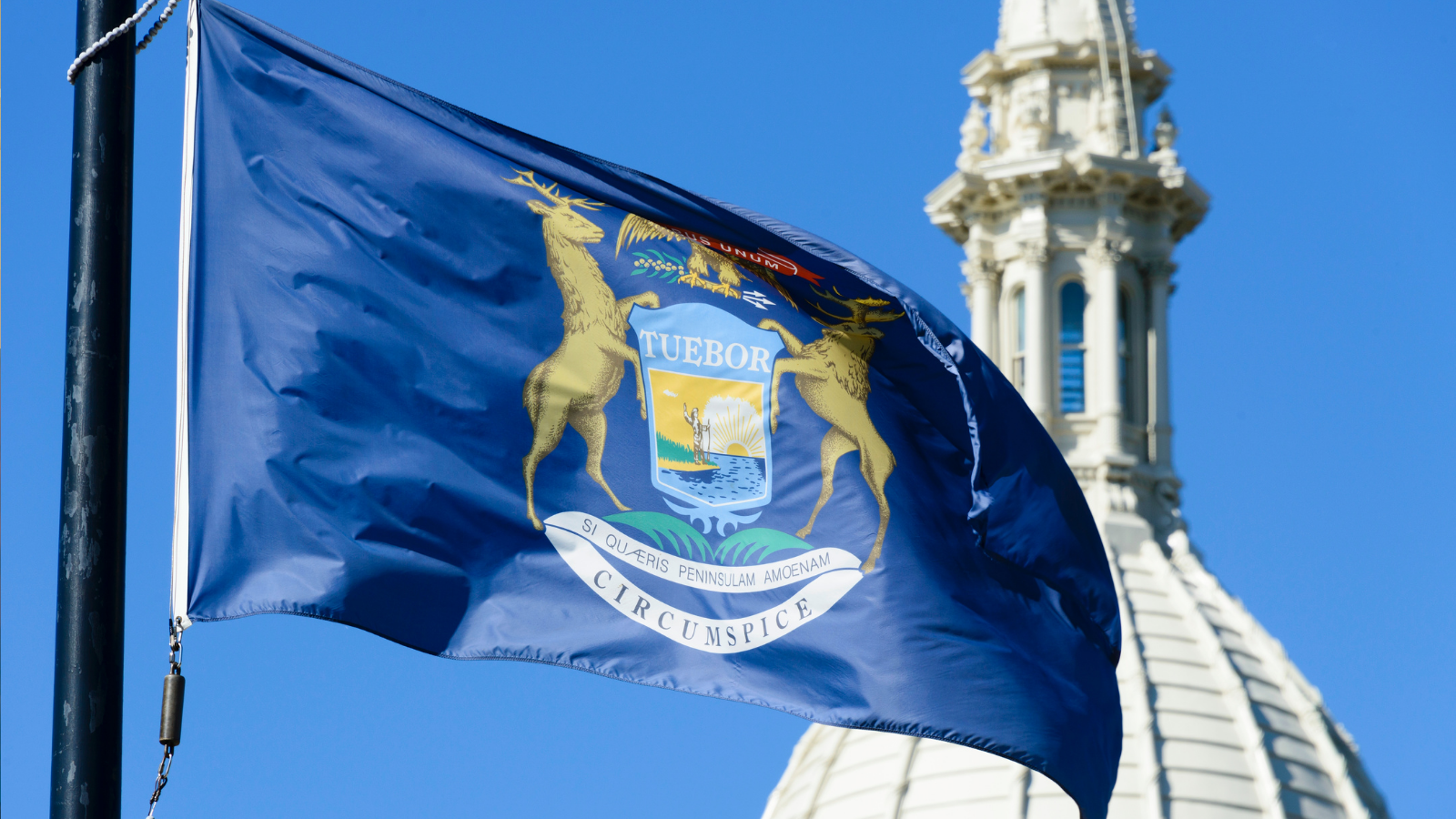
LANSING – This morning SB 14, a bill to repeal Michigan’s “No Stricter Than Federal” law passed the State Senate and was sent to the State House for consideration. The law had been in effect since the waning days of the Snyder administration in 2018 and prevented Michigan from establishing any environmental rules that were stricter than federal minimums.
Environmental advocates and leaders celebrated the passage of SB 14 as a hopeful beginning to the legislature taking up environmental issues that many members of the majority ran for office promising to work on.
“Today’s passage of SB 14 was a beginning to the important work our legislature still has in front of it - protecting our Great Lakes, holding polluters accountable, and addressing the climate crisis,” said Sean McBrearty, Michigan Legislative and Policy Director, Clean Water Action. “However repealing bad laws must only be the beginning. After 40 years of inaction, the people of Michigan, our water, and our health can’t wait any longer for lawmakers to be proactive and enhance the environmental protections on which we all rely.”
“When No Stricter than Federal became law it was a dark day for Michigan. This law was passed during the 2018 lame duck legislative period, and was among the worst laws passed in the worst legislative session in history for Michigan’s environment,” said Alexis Blizman, Policy Director, Ecology Center. “Undoing this historically bad decision is a promising step and we look forward to more, bolder legislative action as this session moves forward.”
“Michigan is a special place with unique natural resources. We can’t properly protect our environment and public health if we have to rely on outdated federal minimums, so repealing No Stricter Than Federal is critical. We look forward to working with lawmakers as this session continues to take advantage of this historic moment by enhancing our environmental safeguards and ensuring that we are doing our part to confront the global climate crisis,” said Charlotte Jameson, Chief Policy Officer, Michigan Environmental Council.
"Michigan would never have been a national environmental leader in the 1960s and 1970s if the 'no stricter than federal law' had been in place. Our ban on DDT and controls on phosphorus couldn't have happened. We have to be able to respond to threats to Michigan's unique environment here in the heart of the Great Lakes." said Liz Kirkwood, Executive Director, For Love of Water (FLOW).
“The health of Michigan’s environment and economy depend upon our ability to make standards stricter than federal laws, when necessary. Michigan needs the ability to be proactive in protecting our environment and public health”, said Jennifer McKay, Policy Director, Tip of the Mitt Watershed Council. “Time and again, we’ve gone beyond the federal minimum to make our state truly worthy of its Pure Michigan label. We applaud the passage of SB 14 in the Senate and look forward to building upon this momentum to further protect our Great Lakes and natural resources that are central to our economy and our way of life.”
“Sierra Club is here with over 120 citizen lobbyists for our first in person lobby day since the pandemic. We are thrilled to celebrate undoing one of the most ridiculous legacies of the Snyder administration, and excited to push for more. We’re lobbying hard with our members to make sure this vote marks the start of swift, strong action on the rest of the environmental agenda supported by voters across Michigan: polluter pay, renewable energy, utility accountability, and water affordability,” said Christy McGillivray with Sierra Club.
###
Since its founding during the campaign to pass the landmark Clean Water Act in 1972, Clean Water Action has worked to win strong health and environmental protections by bringing issue expertise, solution-oriented thinking and people power to the table. Clean Water Action has over 135,000 members across the state. Through direct advocacy and education we organize Michigan residents to protect the Great Lakes and our water resources. Learn more at www.cleanwater.org/mi